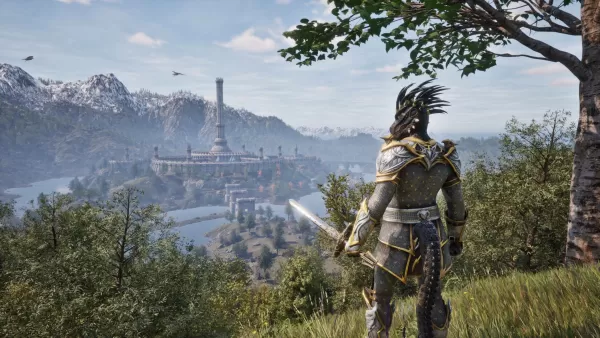The integration of artificial intelligence (AI) in video games is a topic that has been increasingly debated, with notable figures like NieR series director Yoko Taro expressing apprehension about its impact on the gaming industry. In a recent interview featured on Famitsu and translated by Automaton, a group of renowned Japanese game developers, including Yoko Taro, Kotaro Uchikoshi (known for Zero Escape and AI: The Somnium Files), Kazutaka Kodaka (Danganronpa), and Jiro Ishii (428: Shibuya Scramble), shared their insights on the future of game creation, particularly in the realm of adventure games and the role of AI.
Kotaro Uchikoshi voiced concerns about the rapid evolution of AI technology, suggesting that AI-generated adventure games might soon become mainstream. He acknowledged the current limitations of AI in producing exceptional writing, emphasizing the importance of retaining a "human touch" to differentiate human creativity from AI outputs. Yoko Taro shared similar worries, stating, "I, too, believe that game creators may lose their jobs because of AI. There’s a chance that in 50 years, game creators will be treated like bards."
The discussion also touched on whether AI could replicate the intricate worlds and narratives crafted by these developers. Yoko Taro and Jiro Ishii agreed that AI could potentially mimic their creations, but Kazutaka Kodaka argued that AI would struggle to embody the essence of a creator. He likened this to how other writers might mimic David Lynch's style, but Lynch himself could evolve his style while maintaining its authenticity.
Yoko Taro proposed the use of AI to generate new scenarios within games, such as alternative routes in adventure games. However, Kodaka pointed out that this personalization could diminish the shared experience that games traditionally offer.
The conversation around AI in gaming extends beyond this group, with other industry leaders like Nintendo president Shuntaro Furukawa acknowledging the creative potential of generative AI, while also highlighting concerns about intellectual property rights. Companies such as Capcom, Activision, Microsoft, and PlayStation have also been exploring and discussing the implications of AI in game development.







![Chubby Story [v1.4.2] (Localizations)](https://images.737c.com/uploads/85/1719638042667f981a5e9f8.jpg)

